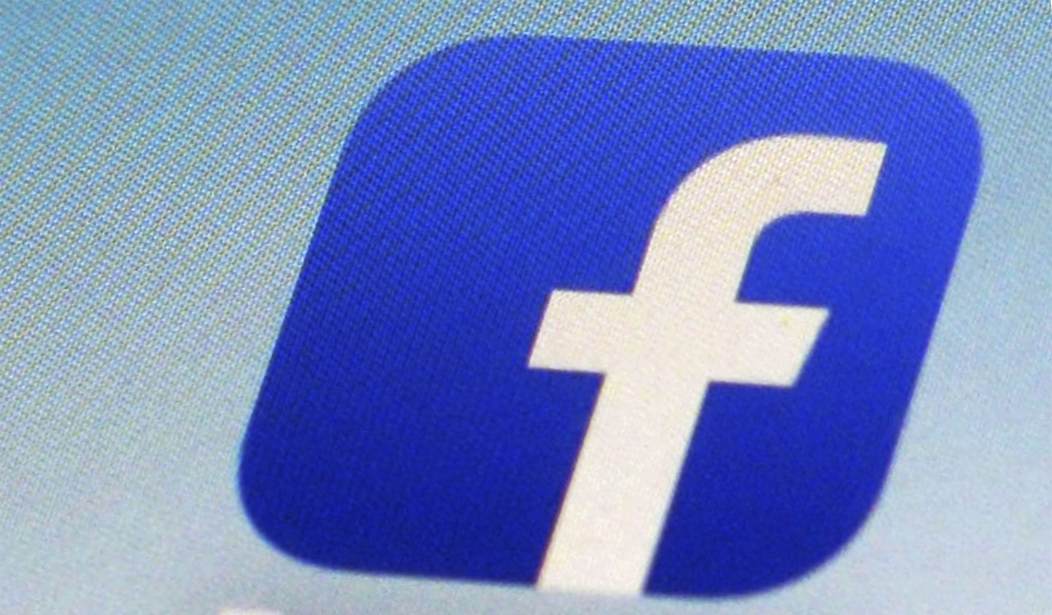Last year the Australian Competition and Consumer Commission (ACCC) had published draft regulation that would force American tech companies like Google and Facebook to subsidize traditional Australian media companies like newspapers with a significant portion of their revenue. Treasurer Josh Frydenberg then announced the code in December, and the bill was introduced in the Australian parliament. Currently, the bill is in the Senate Standing Committees on Economics for review.
The revised bill introduced a so-called "two-way value exchange." In theory, an independent arbitrator would make the ultimate decision if Google and Facebook cannot reach an agreement with Australian news publishers.
In reality, the News Media and Digital Platforms Mandatory Bargaining Code imposes a biased arbitration model that does not require the arbitrator to consider comparable market arrangements to determine a market price based on evidence. A balanced assessment of the value exchange between platforms and publishers is also not required.
The ability to link freely is a fundamental principle of an open internet. Yet, the News Media and Digital Platforms Mandatory Bargaining Code's arbitration provision assumes that the internet has never required payments for links because of 'bargaining power imbalance.' The biased and unbalanced arbitration provision also requires the decision-maker to choose between two 'final offers'. This is an extreme, unusual arbitration model that denies fundamental principles of fairness and good faith, and it appears to be specifically designed to guarantee that an arbitrator will always determine that significant revenue should be transferred from American companies to publishers.
If the bill becomes law, there will be no downside or risk for Australian news publishers to force negotiations to arbitration, knowing their strong position to make payment demands. The arbitrary nature with which the government identified U.S.-based Google and Facebook to be subject to the code significantly erodes the national treatment obligation in the General Agreement on Trade in Services. Australia must provide all foreign service suppliers the same opportunity to compete in Australia as their Australian competitors enjoy. Australia is creating separate rules for successful foreign tech companies that are onerous and designed to limit their competitiveness.
Recommended
Ultimately, these measures will result in the opposite of their intention: a decrease in the visibility and access to Australian news sites. That has been the result in Germany and Spain after those countries have imposed similar measures - traffic to news sites reduced drastically and significantly harmed smaller publishers.
The code is premised on the idea that Facebook and Google are "stealing" content from local news publishers. Nothing could be further from the truth. The allegedly "stolen" content is in reality links to stories and articles that appear in Google search results or the Facebook NewsFeed. Facebook and Google are not stealing this content—they're putting it in front of millions of readers and viewers in Australia and around the world. This does not hurt news outlets or their revenue but significantly increases viewership and reaches more readers than ever before.
The Australian parliament's mandate is to protect Australian consumers and not to protect and promote favored competitors to American companies.
The code applies only to American tech companies —creating a precedent that politicians can choose winners and losers in the economy. Antitrust and competition policy should protect the competitive process, not pick winners and losers. With this code, the Australian parliament will send a clear message that disruptive innovation will later be punished by government overreach, all at consumers' expense.
And by exclusively discriminating against American companies, Australia risks a spiral of retaliation in trade and a worsening of the relationship with the United States.
American workers and companies hustle to innovate and create new products and services. This is why the U.S. is the most innovative country globally. Competition is the key element to always strive for excellence, and no government should be able to pick winners and losers.
Andreas Hellmann is International Advocacy Manager at Americans for Tax Reform Foundation. Follow him on Twitter @ahellmann.

























Join the conversation as a VIP Member